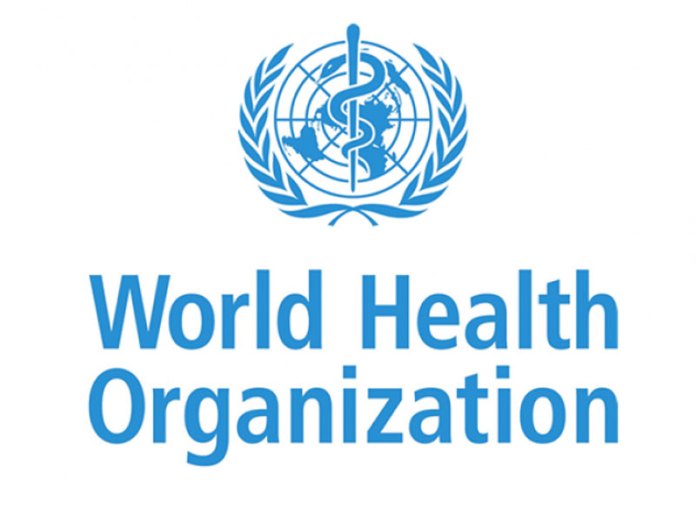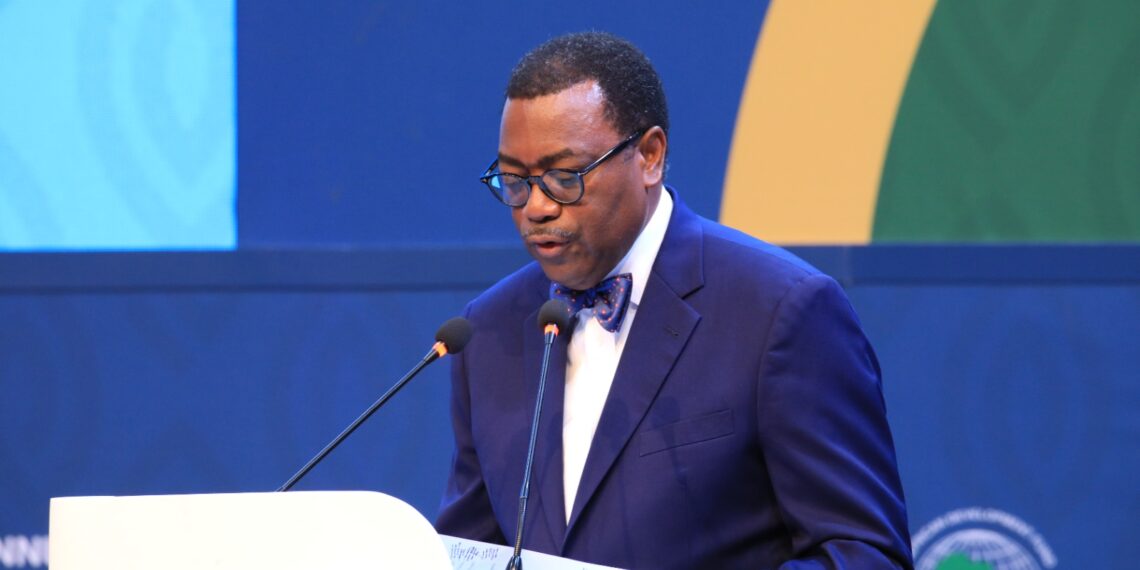
Nigeria, WHO, UNICEF Urge More Emphasis on Breastfeeding
- Health Sector
- No Comment
- 290

World Health Organisation (WHO) and UNICEF have urged countries to brace up for more sensitisation of families to improve on the practice of exclusive breastfeeding for six months and for up to two years as means of avoiding child malnutrition.
In the same vein, the federal government has urged Nigerians to ignore insinuations that COVID-19 pandemic may have effect on exclusive breastfeeding.
The two UN agencies said the call has become necessary due to high cost of baby foods caused by the COVID-19 pandemic imposed disruptions.
In a joint press statement issued last Sunday, the UNICEF Executive Director, Henrietta Fore and Director General of the WHO, Dr. Tedros Adhanom Ghebreyesus, lamented that COVID-19 pandemic has caused significant disruptions in breastfeeding support services, while increasing the risk of food insecurity and malnutrition.
“Breastfeeding is central to realising this commitment. Initiation of breastfeeding within the first hour of birth, followed by exclusive breastfeeding for six months and continued breastfeeding for up to two years or beyond offer a powerful line of defence against all forms of child malnutrition, including wasting and obesity. Breastfeeding also acts as babies’ first vaccine, protecting them against many common childhood illnesses,” they said.
While there has been progress in breastfeeding rates in the last four decades – with a 50 per cent increase in the prevalence of exclusive breastfeeding globally, UNICEF and WHO said the COVID-19 pandemic has highlighted the fragility of those gains.
According to the statement, “in many countries, the pandemic has caused significant disruptions in breastfeeding support services, while increasing the risk of food insecurity and malnutrition.
“Several countries have reported that producers of baby foods have compounded these risks by invoking unfounded fears that breastfeeding can transmit COVID-19 and marketing their products as a safer alternative to breastfeeding”.
It said that in Nigeria, where one in eight children do not reach their fifth birthday and three in 10 children are stunted, optimal breastfeeding practices are known to reduce neonatal and child morbidities and mortality rates as well as stunting reduction.
“Optimal nutrition provided by breastfeeding along with nurturing, care, and stimulation strengthens a child’s brain development with positive impacts that endure over a lifetime.
“Available statistics in Nigeria reveal that the average duration of exclusive breastfeeding is approximately three months and only three out of every 10 children under 6 months of age were exclusively breastfed (29 per cent).
“This is an improvement from 17 per cent in 2013 to 29 per cent in 2018 (NDHS,2013; 2018), however, this still falls significantly below the target of 50 per cent set by the World Health Assembly to be achieved in 2025 and the SDG target for 2030.
“The percentage of children who were breastfed within one hour of birth (42 per cent) remains less than 50 per cent. Breastfeeding rates in Nigeria reduce with age – 83 per cent of the children are breastfed up to one year, while 28 per cent are breastfeeding till 2 years. Furthermore, the proportion of children who are not breastfeeding increases with age”.
“This year’s World Breastfeeding Week, under its theme ‘Protect Breastfeeding: A Shared Responsibility’ is a time to revisit the commitments made at the start of this year by prioritising breastfeeding-friendly environments for mothers and babies”.
Some of the suggested strategies for improving on breastfeeding practices include, ensuring that the international Code of marketing of breastmilk substitutes is established to protect mothers from aggressive marketing practices by the baby food industry and that it is fully implemented by governments, health workers and industry.
Another measure is ensuring that health care workers have the resources and information they need to effectively support mothers to breastfeed, including through global efforts such as the baby-friendly hospital initiative, and guidelines on breastfeeding counselling.
It is also suggested that employers allow women the time and space they need to breastfeed; including paid parental leave with longer maternity leave; safe places for breastfeeding in the workplace; access to affordable and good-quality childcare; and universal child benefits and adequate wages.
In his remarks at the ceremony marking the Breastfeeding Week in Abuja, Permanent Secretary of the Federal Ministry of Health, Alhaji Marshi Abdullahi allayed the fears of mothers that due to this period of COVID-19 pandemic, that exclusive breastfeeding is unsafe, describing it as baseless.
According to him, breastfeeding remains a very effective means of protecting the infant and child from infections and fortifying the health of the young one.
He said that the Breastfeeding Week is being used to create more awareness to promote improved breastfeeding practices in the country.
Onyebuchi Ezigbo
This Day
Read more: https://www.thisdaylive.com/index.php/2021/08/19/nigeria-who-unicef-urge-more-emphasis-on-breastfeeding/





